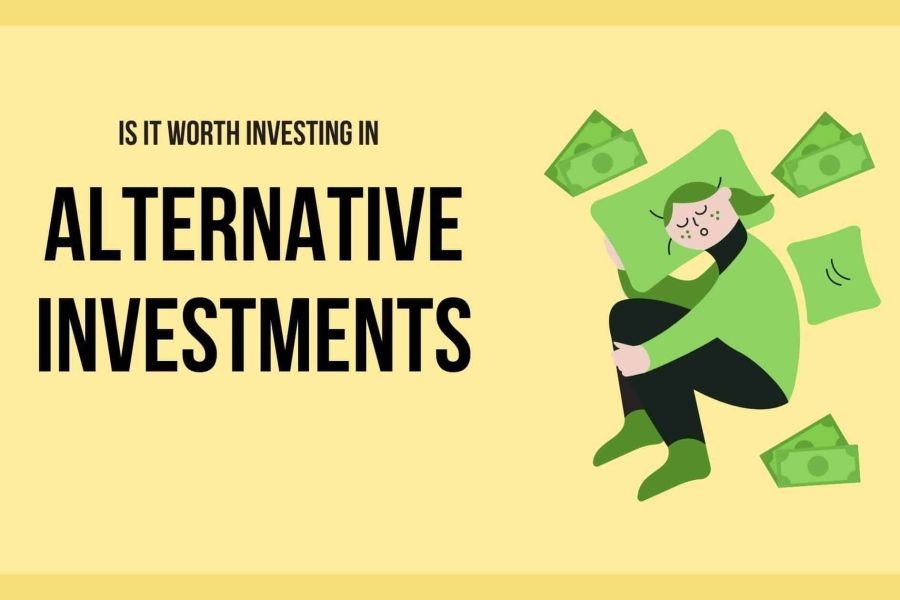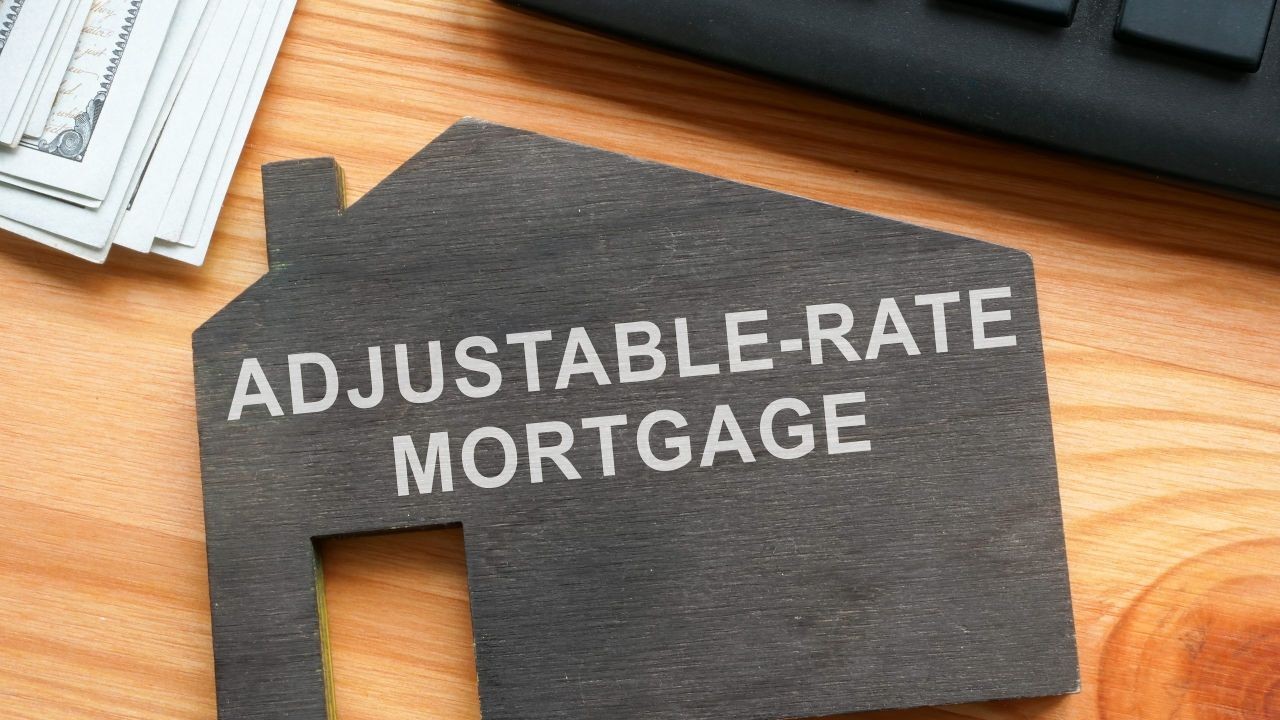Did you know that New Zealand's investment landscape is rapidly evolving, offering unique opportunities for savvy investors to diversify their portfolios beyond traditional assets? With alternative investments gaining traction, New Zealanders must navigate this dynamic arena to secure their financial futures. The increasing interest in sustainable and innovative investment options reflects a broader global trend, yet it is deeply rooted in local economic and environmental priorities.
According to Stats NZ, the country's economy has shown resilience and adaptability, with sectors like technology and renewable energy driving growth. As these industries expand, so does the potential for alternative investments to offer robust returns while aligning with sustainable values. However, understanding the nuances of these opportunities and their implications is key to making informed decisions.
Understanding Alternative Investments
Alternative investments encompass a broad range of asset classes that fall outside the realm of traditional stocks, bonds, and cash. These can include real estate, private equity, hedge funds, commodities, and tangible assets like art and collectibles. In New Zealand, alternative investments are increasingly seen as a strategic way to diversify portfolios, mitigate risks, and enhance returns.
The Appeal of Alternative Investments in New Zealand
New Zealand's unique economic landscape provides fertile ground for alternative investments. With a strong emphasis on sustainability, many investors are drawn to opportunities that not only promise financial returns but also contribute positively to society and the environment. This dual focus on profit and purpose is reflected in the growing popularity of green bonds and impact investing.
Data from the Reserve Bank of New Zealand indicates a gradual shift in investment preferences, with a notable increase in funds allocated to alternative assets. This trend aligns with global movements towards more sustainable investment practices, underscoring the importance of adapting to changing market dynamics.
Case Study: New Zealand Green Bonds – Financing a Sustainable Future
Problem:
New Zealand's commitment to reducing carbon emissions and promoting sustainable development has created a need for innovative financing solutions. Traditional funding mechanisms often fall short in addressing the scale and urgency of environmental challenges.
Action:
In response, the New Zealand government and private sector have embraced green bonds as a mechanism to finance projects with positive environmental impacts. These bonds have been used to fund renewable energy projects, green buildings, and sustainable infrastructure.
Result:
- Green bonds have mobilized over NZD 1 billion in investments.
- Projects funded through these bonds have contributed to a 20% reduction in carbon emissions in targeted sectors.
- Investor confidence in sustainable projects has increased, leading to a broader adoption of green financial instruments.
Takeaway:
This case study highlights the potential of alternative investments to drive sustainable development in New Zealand. By aligning financial goals with environmental objectives, investors can achieve competitive returns while contributing to a sustainable future.
Pros and Cons of Alternative Investments
Pros:
- Higher Returns: Alternative investments often yield higher returns compared to traditional assets.
- diversification: They provide diversification benefits, reducing overall portfolio risk.
- Inflation Hedge: Many alternative assets, like real estate and commodities, act as a hedge against inflation.
- Impact Investing: Opportunities to invest in projects with social and environmental benefits.
- Innovative Opportunities: Access to emerging industries and technologies.
Cons:
- Illiquidity: Many alternative investments are less liquid, making it challenging to exit positions quickly.
- Complexity: They often require a higher level of expertise and due diligence.
- Regulatory Risks: Varying regulations can impact the viability of certain investments.
- Higher Fees: Management and performance fees can be significant, impacting net returns.
- Market Volatility: Alternative markets can be volatile and subject to economic shifts.
Debunking Myths about Alternative Investments
Myth:
"Alternative investments are only for the ultra-wealthy."
Reality:
While historically accessible mainly to high-net-worth individuals, the democratization of finance has opened up alternative investments to a broader audience. Platforms and products now cater to retail investors, allowing them to participate with lower entry thresholds.
Myth:
"Alternative investments are too risky."
Reality:
Although some alternative assets carry higher risk, they also offer diversification benefits that can stabilize a portfolio. The key is conducting thorough due diligence and understanding the specific risks associated with each investment type.
Myth:
"Alternative investments don't contribute to sustainability."
Reality:
On the contrary, many alternative investments are at the forefront of driving sustainability. Impact investing and green bonds, for instance, prioritize projects with positive environmental and social outcomes.
Future Trends in Alternative Investments
The landscape of alternative investments in New Zealand is poised for significant growth and transformation. By 2026, policy shifts and technological advancements are expected to further integrate sustainable practices into investment strategies. As industries such as renewable energy and technology continue to expand, opportunities for alternative investments will multiply.
According to a report by MBIE, the integration of blockchain technology in financial services is projected to increase by 40% within the next five years. This innovation will enhance transparency and efficiency in alternative investment platforms, attracting more investors seeking secure and accountable options.
Conclusion: Embracing the Future of Investment
Alternative investments offer New Zealanders the chance to diversify their portfolios while aligning with ethical and sustainable values. As the market evolves, investors must stay informed and adapt to emerging trends and opportunities. Engaging with alternative investments not only enhances financial resilience but also contributes to a sustainable and prosperous future for all.
Are you ready to explore the world of alternative investments? Share your thoughts and experiences in the comments below!
People Also Ask (FAQ)
- How do alternative investments impact New Zealand's economy? Alternative investments boost sectors like technology and renewable energy, fostering economic growth and sustainability. They offer higher returns and diversification benefits, enhancing investor confidence.
- What are the biggest misconceptions about alternative investments? A common myth is that they are too risky or only for the wealthy. However, democratization and diversification benefits make them accessible and stable for a broader audience.
- What are the best strategies for implementing alternative investments? Experts recommend starting with thorough research, diversifying across asset classes, and consulting financial advisors to tailor strategies to individual goals and risk tolerance.
Related Search Queries
- Alternative investments in New Zealand
- Sustainable investing strategies
- Impact of green bonds on NZ economy
- Diversifying investment portfolios
- Emerging investment trends 2026
- Blockchain in financial services NZ
- Real estate investment opportunities NZ
- private equity growth in New Zealand
- Renewable energy investments NZ
- Impact of alternative investments on sustainability































